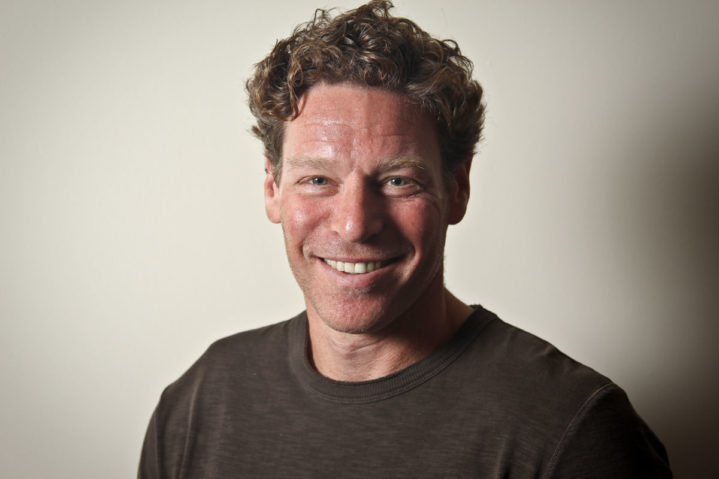
Presented by Cultivation Capital for
Meet Tim Stern: General Partner of Cultivation Capital
Timothy Stern, a General Partner at Cultivation Capital, knows what it takes to build a company. He also believes that innovation and a focus on technology is what will keep St. Louis thriving.
EQ sat down with Stern to discuss his path to becoming a successful investor and the future of STL’s tech scene.

How have your past experiences led you to become a general partner at Cultivation Capital?
When I started Lenders One with my partners, Scott Stern and Barry Sandweiss, we had the benefit of having multiple mentors guide us along our way. After our successful exit, I felt compelled to return the favor by mentoring and working with entrepreneurs who would benefit from my past experiences. I felt it was very important to give back.
At the same time, there has always been limited access to venture capital in St. Louis. St. Louis is a very conservative town and, because of that, it is extremely difficult to raise money for a new business, especially in the technology space.
Despite multiple success stories from technology companies from the coasts, investors are still not willing to invest significant capital in companies in this area. That needs to change.
Lastly, I think that the future economy is going to be dominated by technology companies. If St. Louis does not have a robust technology sector, I don’t believe St. Louis will be an attractive place to live.
As the father of four children, I want to make sure that my kids have a reason (besides seeing mom and dad) to return to St. Louis to live, work and start their families.
What sets Cultivation Capital apart from all the other venture capital firms in your field?
The General Partners at Cultivation are made up of successful entrepreneurs and investors. Since we’ve all been on the other side of the table as either business owners or investors, we have built Cultivation around the value of fairness.
Whether it’s our fee structure with investors or our willingness to get our hands dirty with our portfolio companies, we take a much more business-friendly attitude toward our partners.
What is the toughest aspect of the job?
The toughest part of the job is telling people no. Unfortunately, our resources are limited and while we’d like to invest in many companies that come our way, we have to say “no” a lot.
We see a lot of opportunities where the company isn’t far enough along or the valuation doesn’t fit our investment criteria. We stay in touch with many of these companies and follow their progress. As they mature and become more successful, we hope to have the chance to invest in them when the time is right.
What are Cultivation Capital’s goals going forward?
St. Louis needs a thriving technology sector and a robust venture capital market. Those two things go hand in hand. As companies grow, they require more and more investment capital to expand.
Right now, they are forced to go to other places for investment dollars (San Fran, Boston, NYC). When the companies take money from the larger VC firms, most are expected to relocate to be nearer to their investors. Those companies are then lost forever.
My hope is that Cultivation will continue to grow our funds so that we will have the ability to fund our portfolio companies from our initial investment through the entire lifecycle of the company and end with either an IPO or exit.
What you are most excited about regarding St. Louis’ startup scene?
We’ve come a long way in a relatively short period of time. While I’m hopeful of growing the investment dollars available, companies around St. Louis have access to much more significant investment capital than they had even five years ago.
We have a budding group of entrepreneurs who are coming up with incredible ideas and businesses. We have a spectacular educational foundation with Washington University, Saint Louis University, UMSL and others that provide great access to talent.
And we have an ecosystem with T-REX, Cortex, SixThirty, Prosper Women Entrepreneurs, Capital Innovators and more that can help nurture and accelerate startup companies. We have a very solid foundation that we can build on.
Now it’s up to us to make sure we continue to build on that foundation and achieve great things.